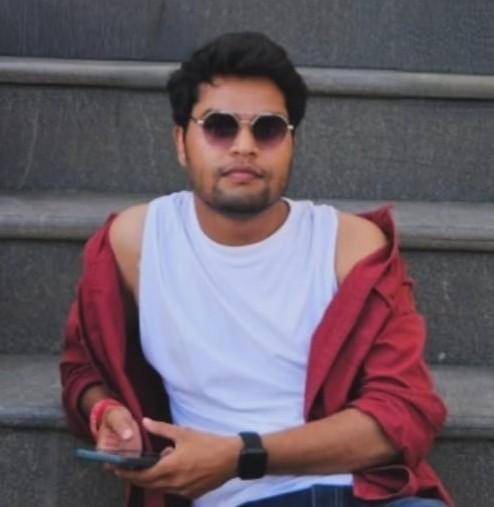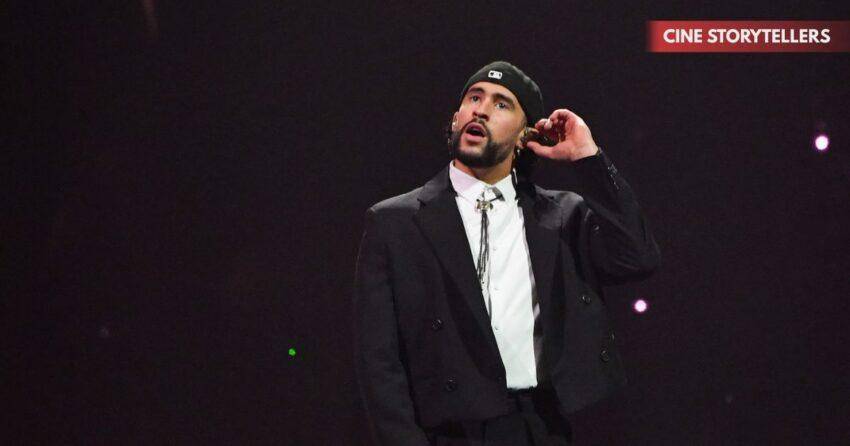Bad Bunny’s announcement as the headliner for the 2026 Super Bowl halftime show has sparked significant controversy. Critics from conservative circles have voiced objections based on the artist’s political stances and cultural expressions, while supporters, including fellow celebrities, have rallied behind him. In response, Turning Point USA has announced an alternative halftime show, “The All American Halftime Show,” aiming to provide a counterpoint to Bad Bunny’s performance. This article delves into the multifaceted reactions and implications surrounding this cultural moment.
The announcement of Puerto Rican artist Bad Bunny as the headliner for the 2026 Super Bowl halftime show has ignited a firestorm of controversy, highlighting the intersection of entertainment, politics, and cultural identity in contemporary America.
The Controversy Unfolds
Bad Bunny, known for his reggaeton and Latin trap music, was selected to headline the Super Bowl LX halftime show scheduled for February 8, 2026, at Levi’s Stadium in Santa Clara, California. This marks a significant milestone as he becomes the first Latin artist to headline the event.
However, the decision has faced backlash from conservative figures and organizations. Critics have raised concerns over Bad Bunny’s political activism, particularly his opposition to former President Donald Trump, his use of Spanish in his music, and his gender-fluid fashion choices. Some have even questioned his American identity, despite Puerto Ricans being U.S. citizens.
In response to the backlash, conservative organization Turning Point USA announced plans to host an alternative halftime show, dubbed “The All American Halftime Show,” aiming to celebrate “faith, family, and freedom.” The organization has solicited public input on preferred music genres, including “Pop,” “Americana,” and “Worship,” with a notable emphasis on English-language music.
Celebrity Support for Bad Bunny
Amid the criticism, several high-profile celebrities have come to Bad Bunny’s defense. Jennifer Lopez, who co-headlined the 2020 Super Bowl halftime show, expressed her support during an interview on “CBS Mornings,” stating that “music and art transcend language” and urging fans to give Bad Bunny a chance. She emphasized that the Super Bowl serves as a platform to introduce audiences to new artists and cultures.
Other artists, including Shakira and Bruno Mars, have also voiced their support, highlighting Bad Bunny’s global influence and the significance of his performance in representing Latin culture on a major stage.
The Rise of Alternative Programming
The announcement of “The All American Halftime Show” by Turning Point USA underscores the growing trend of alternative programming in response to mainstream events. This move reflects a broader cultural divide and the increasing politicization of entertainment, where high-profile events like the Super Bowl become battlegrounds for ideological expression.
While details about the performers and broadcast plans for the alternative show remain unclear, the initiative has garnered attention and sparked discussions about the role of entertainment in reflecting national identity and values.
Implications for the Super Bowl and the NFL
The controversy surrounding Bad Bunny’s selection raises questions about the NFL’s approach to diversity and inclusion. The league’s decision to feature an artist who primarily performs in Spanish and whose political views may not align with all segments of its audience reflects a commitment to broadening the scope of representation in its programming.
However, the backlash also highlights the challenges the NFL faces in balancing diverse cultural expressions with the expectations of its diverse fan base. The situation underscores the complexities involved in curating entertainment that resonates with a wide audience while navigating the sensitivities of various cultural and political groups.
Looking Ahead
As the 2026 Super Bowl approaches, the debate over Bad Bunny’s halftime performance is likely to intensify. The discussions surrounding this event serve as a microcosm of larger societal debates about identity, representation, and the role of entertainment in shaping cultural narratives.
For Bad Bunny, the opportunity to perform at the Super Bowl represents a significant achievement in his career and a moment to showcase Latin culture to a global audience. For his critics, it is a point of contention that reflects broader concerns about cultural shifts and national identity.
In the end, the 2026 Super Bowl halftime show promises to be more than just a musical performance; it has become a focal point for discussions about culture, politics, and the evolving landscape of American entertainment.
Also Read : Tyler Perry Faces $260M Sexual Harassment Lawsuit
FAQs
Q1: Why is Bad Bunny’s selection as the Super Bowl halftime performer controversial?
Bad Bunny’s selection has sparked controversy due to his political activism, use of Spanish in his music, and fashion choices. Critics argue that his views and style may not resonate with all segments of the Super Bowl’s audience.
Q2: What is “The All American Halftime Show”?
“The All American Halftime Show” is an alternative halftime event announced by Turning Point USA, a conservative organization. The show aims to celebrate “faith, family, and freedom” and will feature English-language music, serving as a counterpoint to Bad Bunny’s performance.
Q3: Which celebrities have supported Bad Bunny?
Celebrities such as Jennifer Lopez, Shakira, and Bruno Mars have publicly supported Bad Bunny, emphasizing the importance of cultural representation and the transcendent nature of music.
Q4: How has the NFL responded to the backlash?
The NFL has not issued an official statement regarding the controversy. However, the league’s decision to feature Bad Bunny reflects its ongoing efforts to diversify its programming and appeal to a broader audience.
Q5: What does this controversy say about American culture?
The debate highlights the deepening cultural and political divides in the United States, illustrating how entertainment events like the Super Bowl have become platforms for expressing and contesting national identity and values.
Join our WhatsApp channel for more updates and information about celebrities and entertainment

I’m Atul Kumar, founder of Cine Storytellers and an entertainment creator with 5+ years of experience. I cover films, celebrities, music, and OTT content with a focus on accurate, ethical, and engaging storytelling. My goal is to bring readers trustworthy entertainment news that informs, inspires, and goes beyond gossip.
Discover more from Cine Storytellers
Subscribe to get the latest posts sent to your email.
